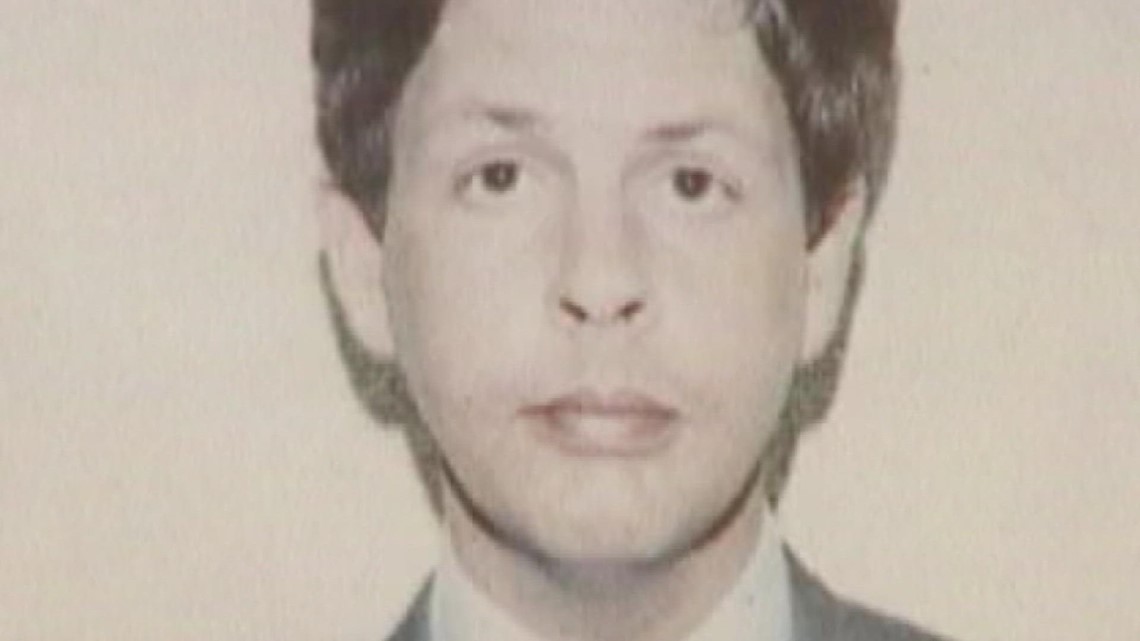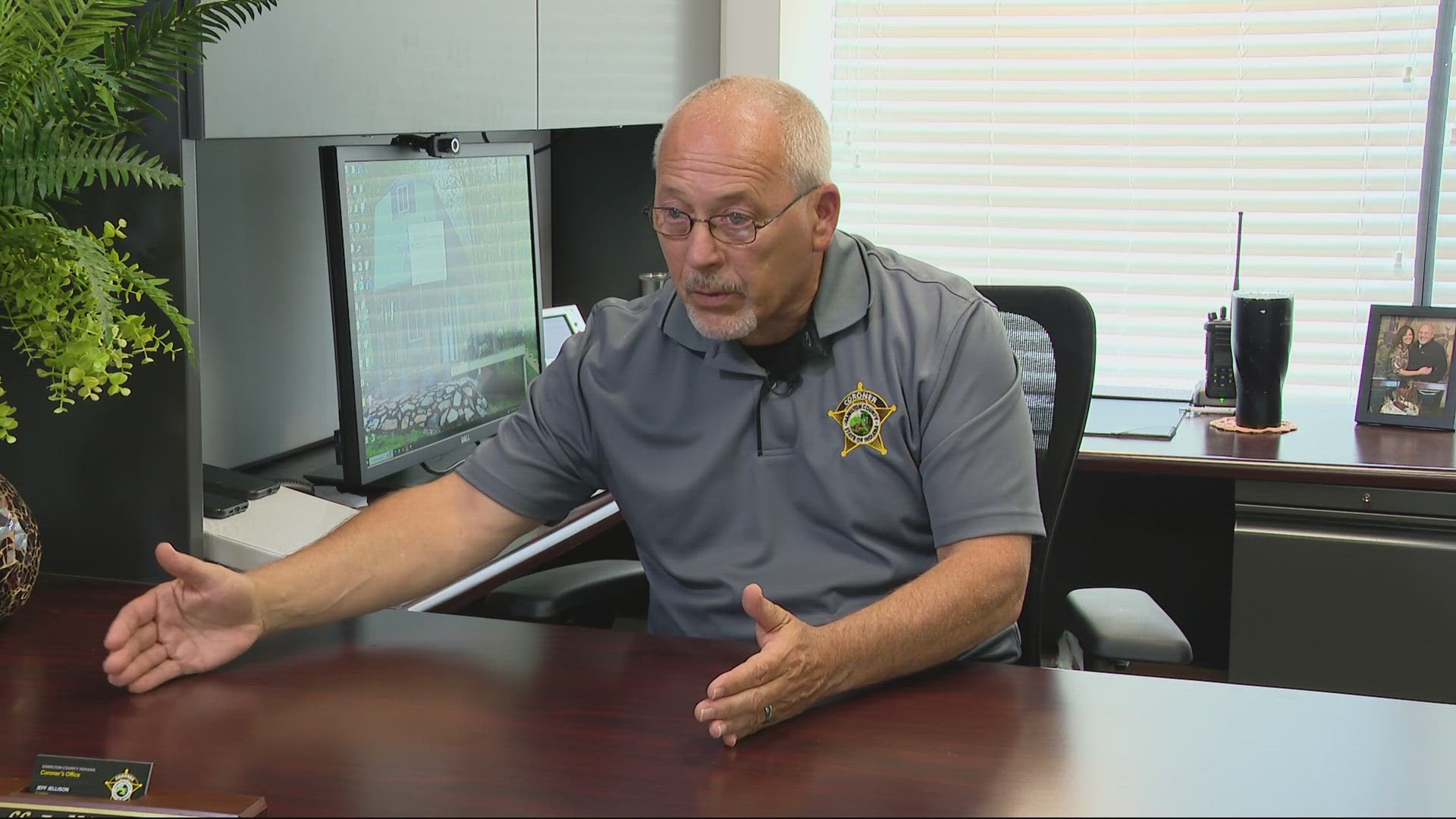WESTFIELD, Ind. — There's new hope in the push to identify the victims of alleged serial killer Herb Baumeister.
Advances in technology are helping the search.
More than 10,000 bone fragments were found on Baumeister's Westfield property in the 1990s and, with DNA technology changing, some of those remains were sent to Indiana State Police to see if they could find any DNA.
The result that just came in this week were two DNA profiles.
"There's a lot of families out there that do not have closure," Hamilton County Coroner Jeff Jellison said.
He's hoping closure can come starting with two newly-developed DNA profiles.
The question remaining: Do these two profiles match the eight victims already identified or does it belong to other alleged victims of Baumeister? Men who disappeared years ago, whose families never knew what happened to them.
A cousin from one of those families contacted Jellison in 2022.
"He indicated to me that potential victim's mother had terminal cancer, and she was looking for some closure, and you can't say no to that. You gotta move forward," Jellison said.
After that phone call, Jellison put out a call, asking families who thought their loved one could be a possible victim of Baumeister to send in DNA samples.


Now, Indiana State Police investigators are set to compare almost 40 of those samples to their two newly-developed DNA profiles.
"They're now doing the comparison samples and fast-tracking that process now that we have modern DNA," Jellison said.
They'll also enter the two profiles into a national database, where families of missing persons across the country have submitted DNA samples, and they'll enter the samples they recently collected from families into the same national database.
"If we can help identify someone, or remains found in Los Angeles, Kansas City, anywhere in the world, so be it. We did our job," Jellison said.
If that doesn't bring results, the next stop will be a forensics lab in Texas, where they'll take the two new DNA profiles and look for possible matches to DNA people have given to genealogy databases.
The search for answers could still take some time, but Jellison said the two new DNA profiles from Indiana State Police are a start in continuing to tell the story of these victims.
"That's the story I want to tell is who these people are. That's my job is to tell who they are and to speak for them," Jellison said.

